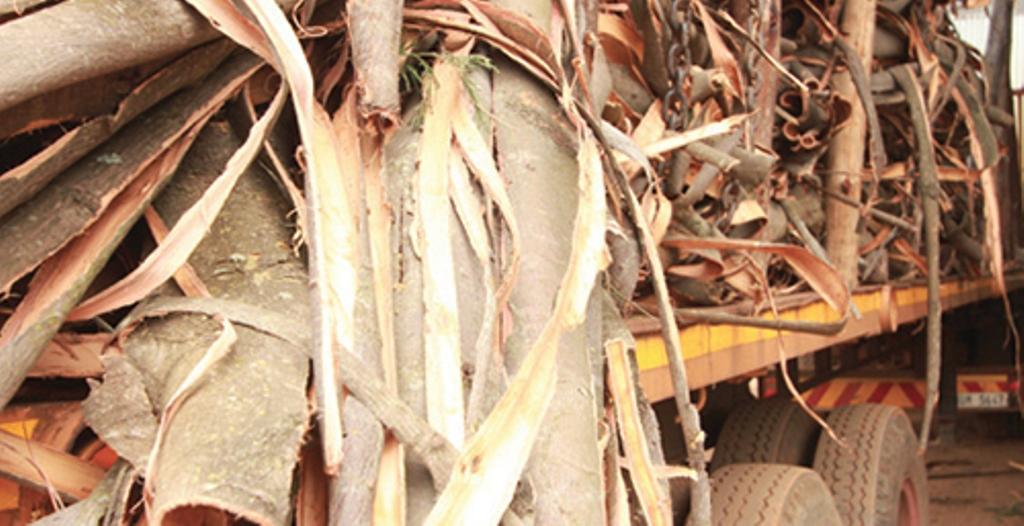Africa-Press – Tanzania. TANGANYIKA Wattle Company Limited (Tanwat) has appealed for government support in strengthening the marketing system of black wattle products within and outside the country.
The Tanwat Assistant Manager, Mr Francis Kaniki said it was crucial to strengthen the local market as well since wattle bark extracts have significant input in the leather industry.
Speaking to ‘Daily News’ at the on-going 5th Tanzanian industrial products exhibition, Mr Kaniki said Tanwat has been selling black wattle to local and foreign industries for leather softening, however more needs to be done as coronavirus has impacted the market.
“We are asking the government to help us in finding markets especially within the country as only a few factories use this product from Tanwat for a long time and a bigger portion of the product is exported but most of the foreign companies are in areas where coronavirus has highly affected them thus; making the business a little bit harder,” he said.
He further said in the local market they serve industries such as Kilimanjaro International Leather Industries Limited, Himo tanneries and planters and Lake trading company.
Also, they export to countries namely India, United Kingdom, Egypt, Italy, Mexico and Pakistan.
Acacia mearnsii, commonly known as black wattle, late black wattle or green wattle, is a species of flowering plant in the family Fabaceae and is endemic to south-eastern Australia.
It is usually an erect tree with smooth bark, bipinnate leaves and spherical heads of pale yellow or cream-coloured flowers followed by black to reddish-brown pods.
In some other parts of the world, it is regarded as an invasive species.
According to a research title ‘Factors affecting the supply of wattle bark extracts’ by Timothy Mwavika published in the University of Dar es Salaam (UDSM) website revealed that wattle production earns foreign exchange for the country.
Tanzania exports annually between 1,500 and 8,000 tonnes of wattle bark and wattle bark extracts respectively. In total the country earns 24.8m/- from the exports of wattle bark and wattle extracts.
Mr Kaniki further said equally important is the fact that wattle trees provide building poles and firewood with an essential non-commercial energy source for the rural and urban population.
Apart from processing barks to tannin, the company also process firewood of black wattle to power which is being used as a source of energy throughout the year by the factory and sell the remains to Tanesco in the same period the factory managed to produce 9 901 Kwh’000 and got revenue of 775m/-.
Tanwat is located on 15560 hectares of land at Njombe, it is one of Tanzania’s privately owned forestry business, a fully owned subsidiary of RAI Group.







